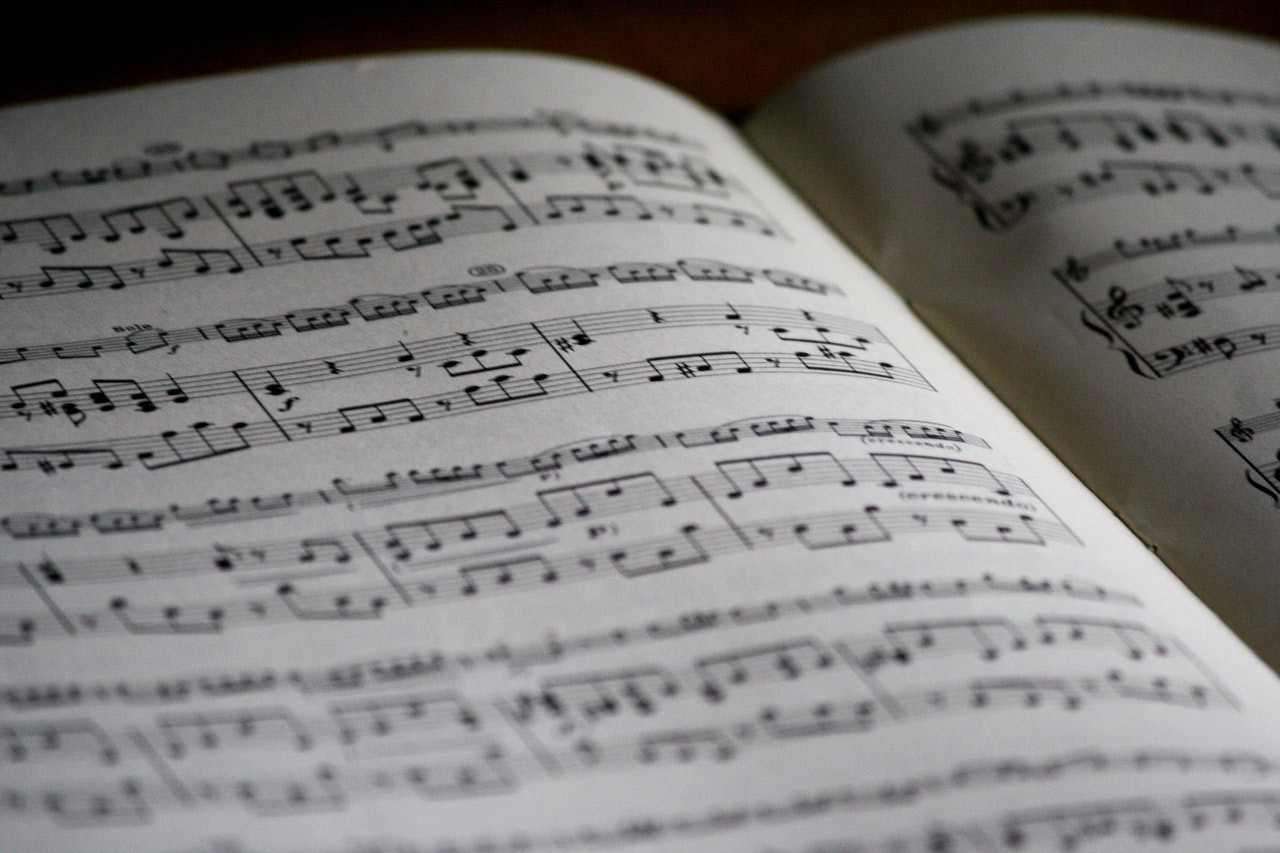Everyone at least once participated in the debate on the topic of which music is better: rock, pop, or hip-hop. Now there is so much music, and it is so different that it is challenging to classify yourself as a fan of a certain style. However, we still glance with a smirk at the playlists of our friends and even try to condemn them for the “wrong” choice. We decided to finally understand what influences our musical preferences.
Childhood and environment
Our environment strongly influences our behavior and tastes. In psychology, this is called social modeling. We often see how children of actors and doctors choose their parents’ profession, and in a family where the elders love rock, the child also loves it. For example, Kelly Osbourne (father – Ozzy Osbourne) or Zoe Kravitz (father – Lenny Kravitz).
If loved ones do not influence tastes, they are shaped by trends. The reason is in the psychology of the crowd: people like what the majority already prefers.
Age and life cycles
In different periods of our life, we love different music. It is associated with personality development, psychological and social needs. Scientists from the University of Cambridge conducted a study and identified five main stages in the manifestation and change of musical taste. It turned out that the older we get, the easier the music is on our playlist. In addition, emotional states such as nostalgia, sadness, joy, and pain affect short-term changes in musical preferences.
Education
Researchers at the University of British Columbia have found a link between social status and musical taste. It turned out that people with low income and no education are more likely to like disco, country music, old hits, light music, rap, and metal. Those with higher education and income prefer classical, rock, jazz, pop, reggae. According to scientists, wealth does not directly affect tastes. The same cannot be said about social status, which shapes our social circle and preferences.
Type of thinking
Scientists established the connection between thinking and musical taste again in Cambridge. They believe that people who are ruled by emotion are more likely to prefer calm, melodic music with an emphasis on strings. As a rule, these are soft rock, soul, alternative, light jazz, and folk.
Those with a systematic and rational mindset prefer energetic styles with complex sounds: jazz, rock, metal, and classical.
Scientists have even put together playlists for empathists. They think they’ll be the first to like “Hallelujah” by Leonard Cohen, Queen’s “Crazy Little Thing Called Love.” The researchers prepared The Sex Pistols with God Save the Queen for analytical people.
Character and self-esteem
There is an assumption that musical taste is related to a person’s character since we associate music with our personality. This was found out by the staff of the University of Heriot-Watt by interviewing more than 30 thousand people from 60 countries.
The survey proved that people who are passionate about the same musical genre are similar in character and demeanor in society, including those who like different styles. Everyone has a couple of favorite genres anyway, the researchers say.

Personality type
The University of Texas offered a study to determine the connection between personality traits and the respondents’ favorite music genres. The respondents were students who took special tests that determined their personality type, IQ level, and musical preferences. Psychologists analyzed the results and found a connection!
So, all music types were divided into four groups. The first group included classics, jazz, blues, and folk, and the fans of this music turned out to be “complex,” intelligent natures, prone to reflections.
Alternative rock, heavy metal, and hard rock, represented in the second group, were chosen by dynamic people inclined to rebel and achieve goals.
Country, pop, and religious music from the third group are loved by optimists and extroverts, who are less prone to depression than others and have the lowest IQ level of all groups.
Electronics, hip-hop, rap, and soul, represented in the fourth group, were chosen by energetic people, in many ways similar to the respondents from the third group, but with a higher level of intelligence. Of all four groups, they are the most unemotional and pragmatic.
Another similar study was conducted at Heriot-Watt University, Edinburgh. It was attended by 36 thousand people who passed personality tests. According to the results of this study, pop is preferred by “honest and not very creative” people, rap – people with high self-esteem, heavy metal – gentle and lack of self-confidence, indie – “slightly lazy introverts,” and classical music and jazz – people with a high level of IQ and self-esteem.
